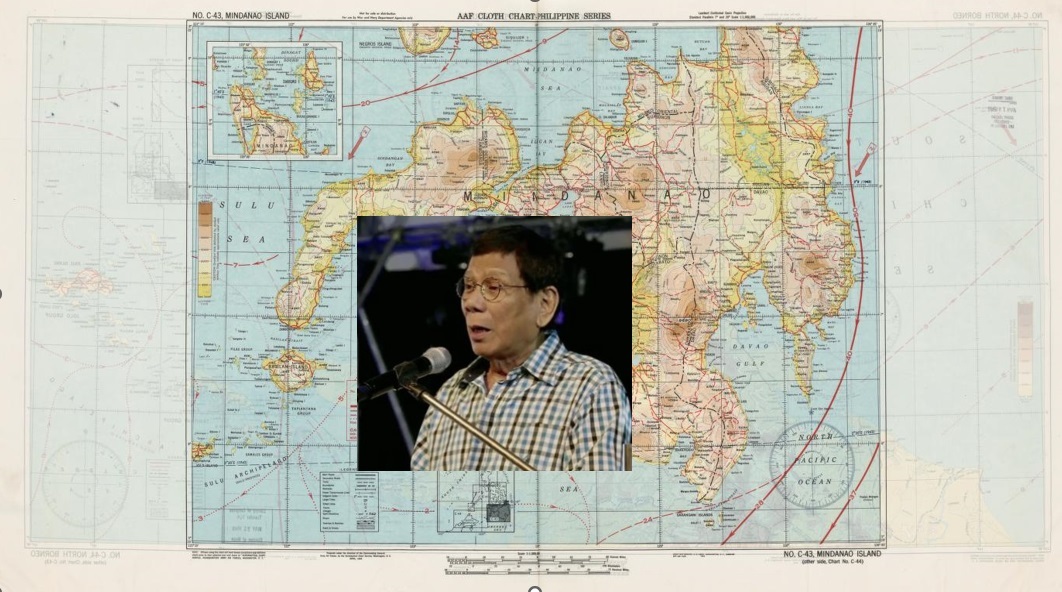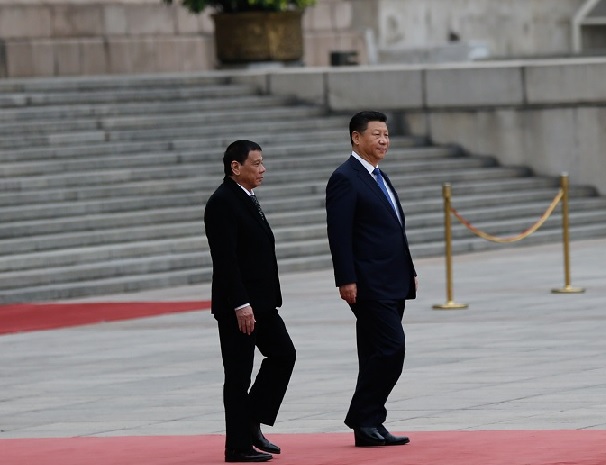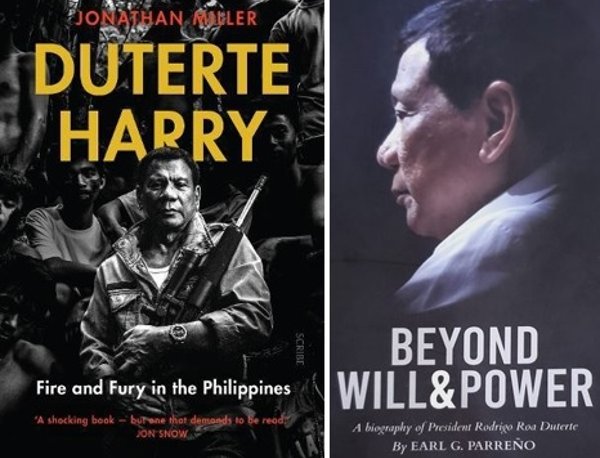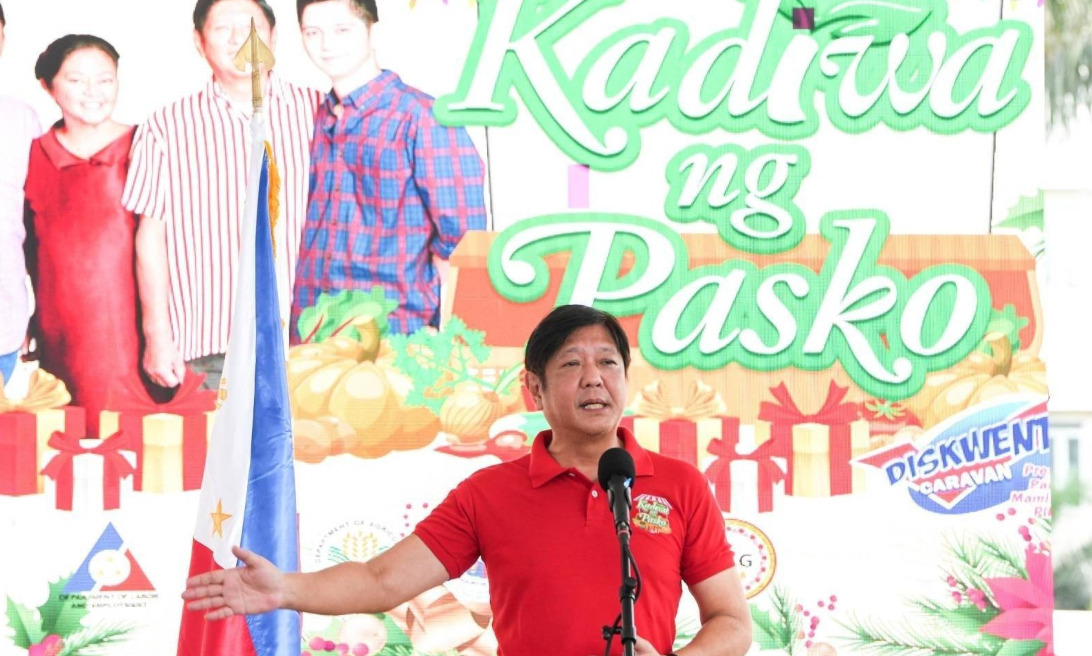Going the rounds is the running joke that Mindanao residents are now known as Mindanese. But after very few followers seriously took Rodrigo Duterte’s call for Mindanao independence more than being a butt of jokes, some “Mindanese” are now saying he can downgrade his call to a Davao city separation from the rest of the Philippines. After all, he has a Red China consulate there that Peking can easily transform into a full embassy to the Republic of Davao City.
The truth of the matter is that Mindanao independence has had no basis in history more than being a self-serving call at the expense of its people, now numbering approximately 27 million.
Duterte’s real intent is of course more personal than political — evasion of accountability from the impending arrest warrant of the International Criminal Court. He thinks the ICC will not have jurisdiction over an independent Republic of Mindanao. But no independence movement in Mindanao has ever taken shape despite decades of separatist insurgency, all of which downgraded their advocacy to autonomy instead of separatism.
It simply cannot happen overnight. The warrants of arrest for the four principal suspects in the crimes against humanity case in The Hague is expected this second quarter. That means Duterte is now in such a desperate situation as to resort to even the most unlikely means of salvation.
His counterpart in history was also popularly rebuffed precisely because of a self-serving aim. Datu Udtog Matalam was a revered governor of an undivided Cotabato province, elected five times in 1946-1949, and 1956-1967. He was also a well-regarded religious leader and an anti-Japanese guerilla hero during World War II. In May of 1968, about three months after the infamous Jabidah Massacre orchestrated by the dictator Ferdinand Marcos that highlighted the growing discontent of the Moro people under Marcos, Matalam issued a manifesto entitled the Muslim Independence Movement.
Three months later, Matalam amended his movement to the Mindanao Independence Movement to assuage the fears of exclusion of the region’s non-Moro settlers. He said that settlers also deserved equal rights. At the same time, he now mellowed his demand for a Mindanao statehood under a national federal Philippines.
And then the inevitable happened. In October that year, Matalam met with the dictator Marcos and he was appointed Adviser for Muslim Affairs. The Moro scholar and diplomat Alunan C. Glang, writing in “Muslim Secession or Integration?” in 1969, quotes Matalam’s reasoning: that he “accepted the position as a gesture of sportsmanship on his part as the leader of the more than four million Muslims in the Philippines.” In short, Matalam’s call for Mindanao’s independence was more personal than political.
Scholars have since studied the underlying circumstances of his short-lived advocacy – Matalam felt betrayed by his own brother in-law Salipada Pendatun (governor, congressman, senator) and was only forced to retire because national party politics had him sidelined. His declaration of Mindanao independence was his vehicle to regain political power. His movement failed to garner support among the Mindanao masses.
A later movement in 1986 for the Federal Republic of Mindanao had also fizzled out because it was led by a politician who at one time was paid by Ferdinand Marcos to run as president against Cory Aquino in the snap election of 1986, to give it a semblance of democracy. The movement was later mellowed down so that its adherent could avert arrest for violation of the sedition law.
Duterte’s “Mindanao independence” suffers the same infirmity as its predecessors – it arose from personal egos first and foremost.
Such call made from an echo chamber like Davao city will also never fire up mass following in the rest of Mindanao. The city does not share history with the rest of Mindanao. When all of northern Mindanao and Zamboanga city rose in arms during the 1899 Philippine-American War, the Davao city area was a remote backwoods. That explains why it is probably the only Philippine city that extols colonialism. It assigned major city thoroughfares to the Spaniard Jose Oyanguren whose colonial enterprise of a Nueva Guipuzcoa was so short-lived because the area was so isolated from the rest of Mindanao.
Davao city’s other colonial hero was the assassinated American district governor of Davao Edward Bolton. It honored a man who himself had ordered systematic land grabbing from indigenous peoples. Yet it assigned a street after him. Today, when it self-ascribes its arrogant place as the capital city of Mindanao, Davao city still has not found its proper niche in Mindanao history.
Against the landscape of that history, Rodrigo Duterte is a jokester and a pygmy. What keeps Mindanao poor – contribution to the national economy is only 12% — are traditional politicians like him who rule by corruption and abuse of power.
The views in this column are those of the author and do not necessarily reflect the views of VERA Files.




